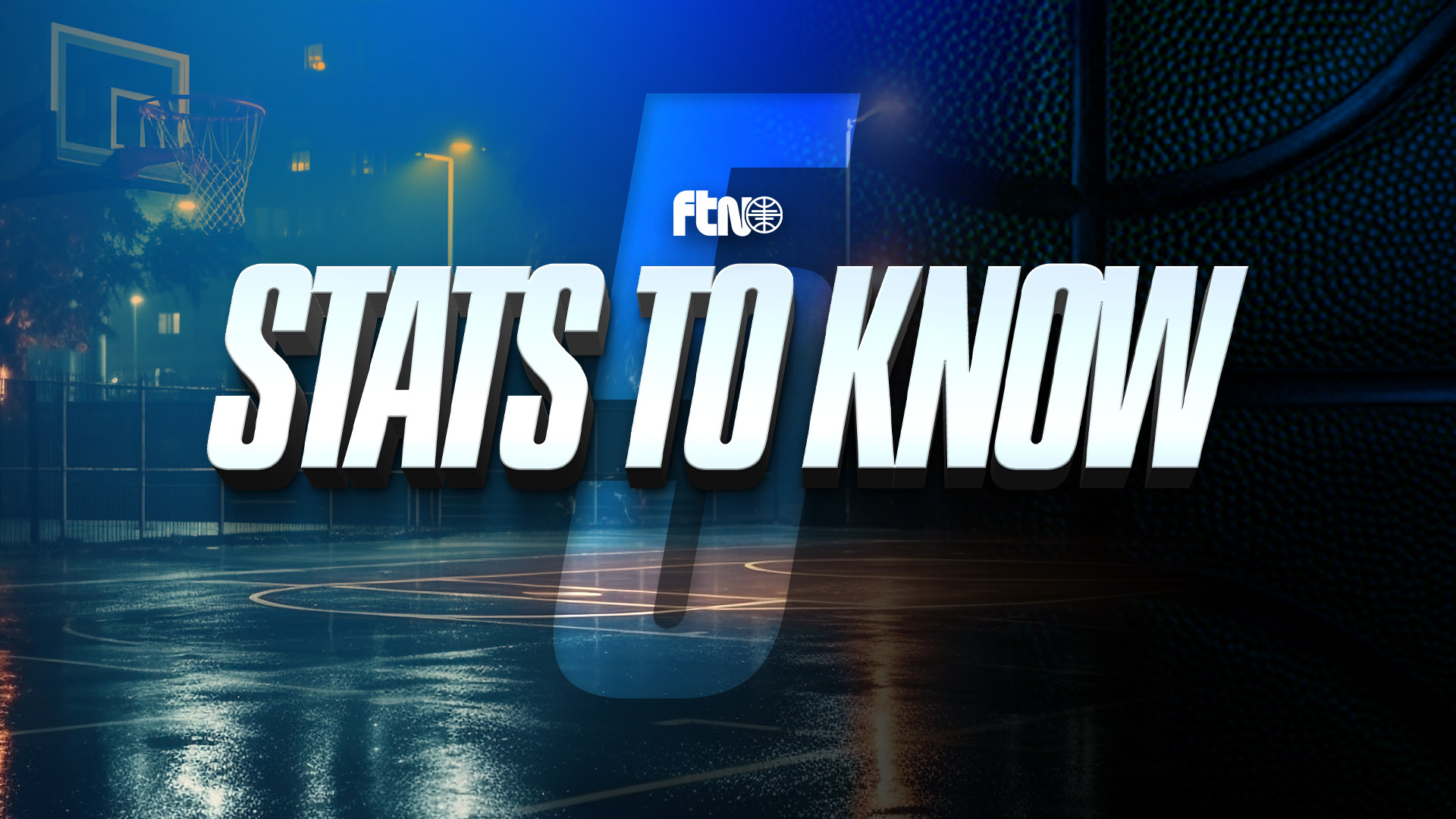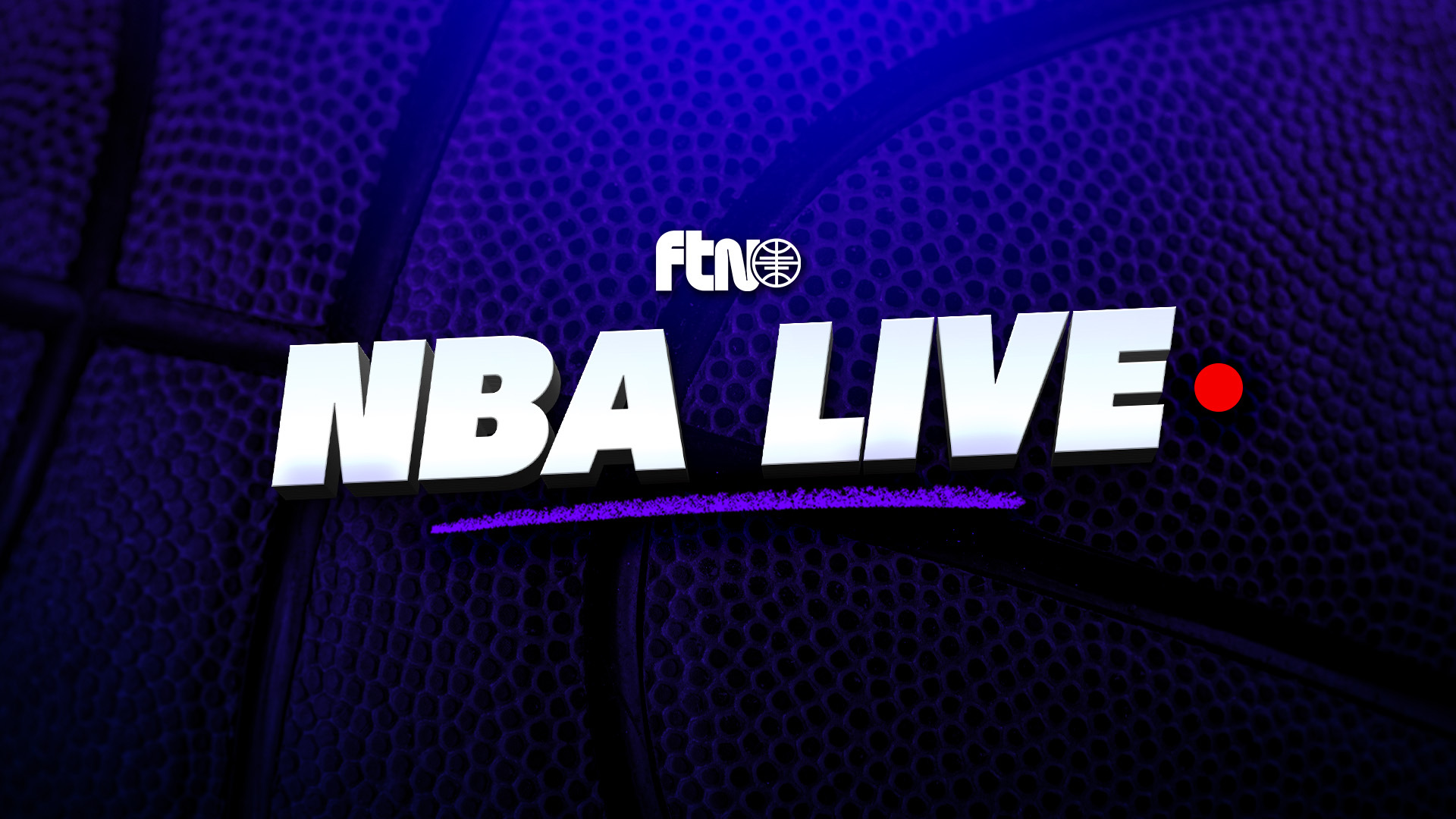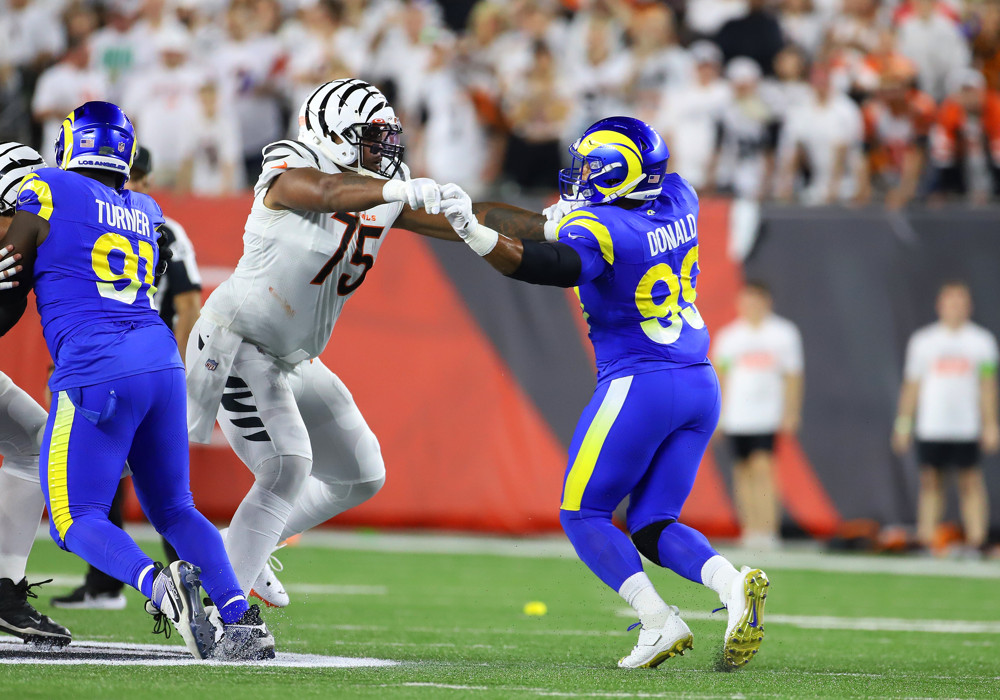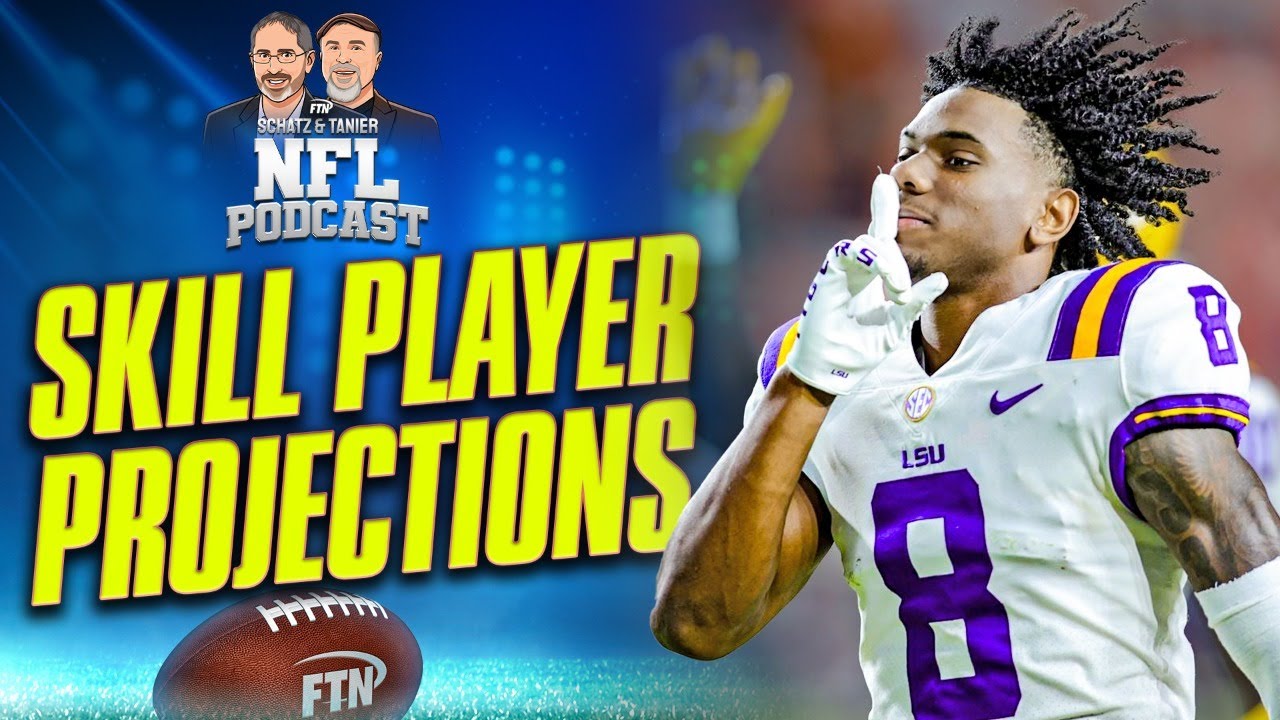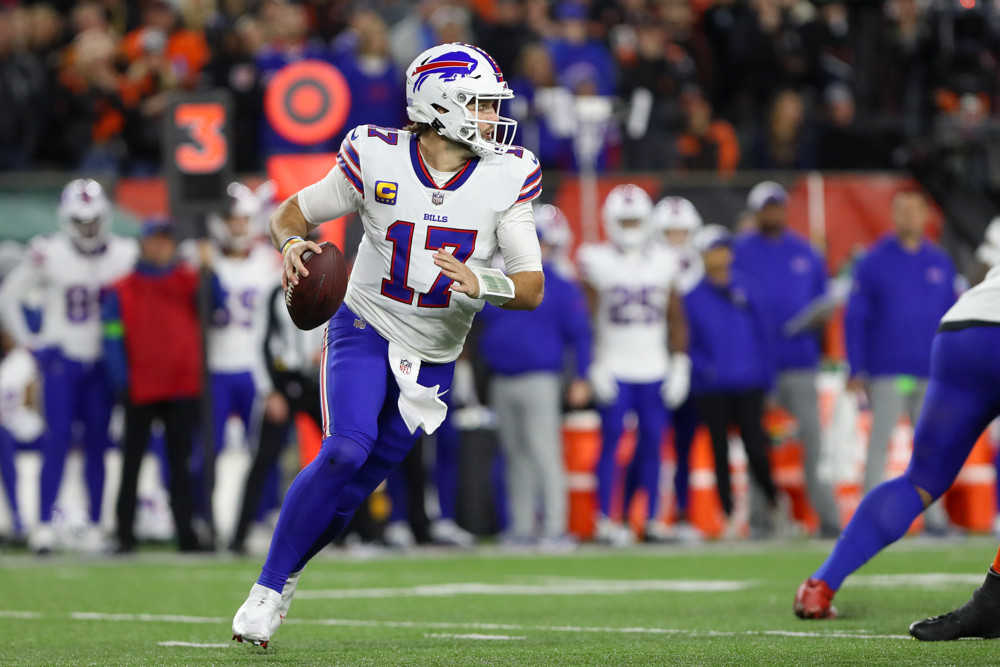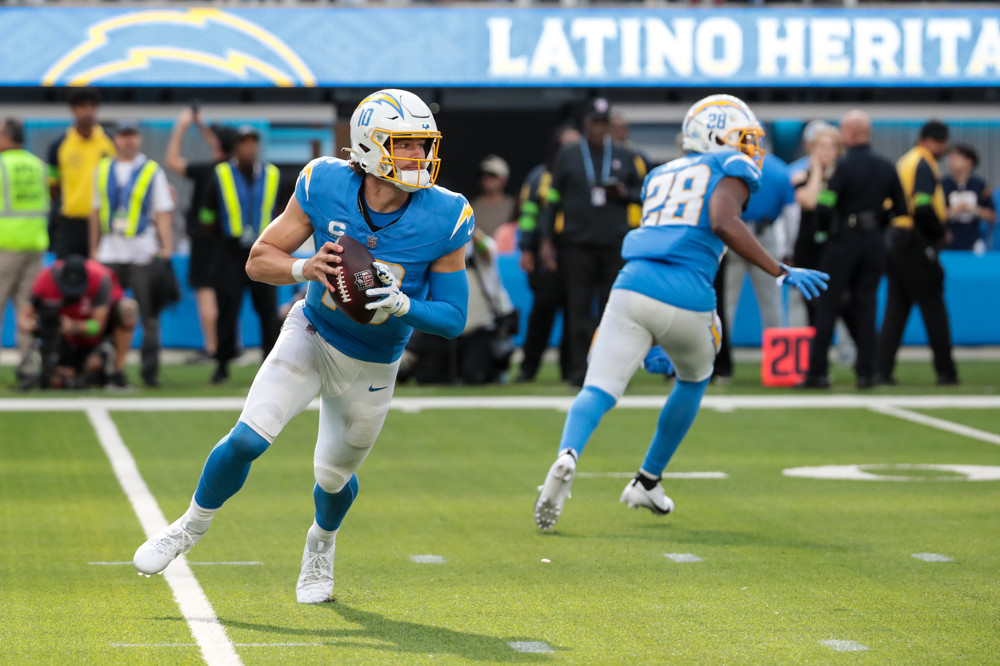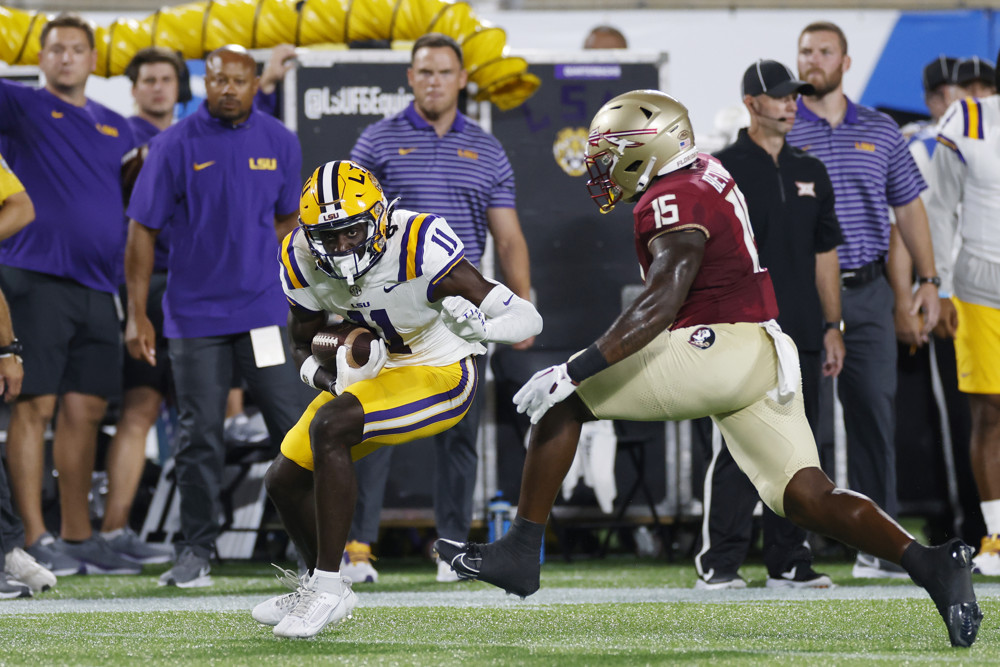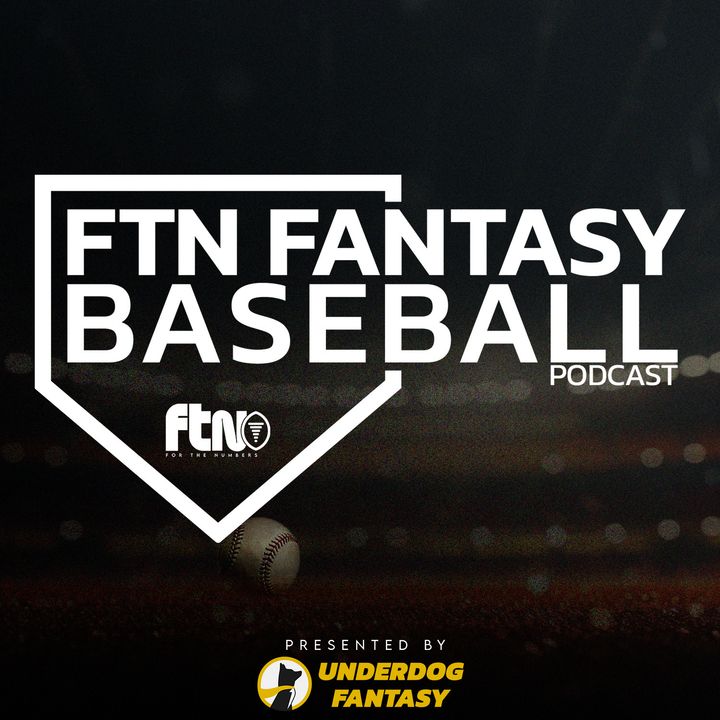
Betting in the futures market for MLB is unlike any other major sport. We have award winners in the NBA and NFL, but MLB has always been the toughest league to predict the award winners in.
Baseball is a grind. In normal seasons, you have 162 games spread over six months from April to September. Baseball is also a streaky game. Even past MVPs have had stretches where they go 2-for-12 during the season. Of course, they also have stretches where they go 7-for-11 with 3 home runs as well. That is just the nature of the game, especially when you are talking about the long haul of an MLB season.
That does not mean that we do not have certain markers to look for when discussing each award, though. Edges can always be found if you look hard enough, and we do have a few that stand out with these individual awards.
Remember too that MLB has an award winner in each league, which means we have two chances to bet on MVP, Cy Young or Rookie of the Year. The competition for any of these awards in one league could be tight, but in the other it could be a runaway winner.
Understanding the competition goes a long way when trying to decide if someone is a worthy short-priced favorite or if they are just another overbet guy we should be looking to play against. Every year the cast of characters vying for each of these awards varies. You will have some of the familiar faces from years past, but also a couple new faces that either step up from previous seasons or have a career-type year to put their names in the mix. Here are some things to think about with each award before you put your hard-earned money down at Tipico Sportsbook on the MLB futures market.
The best bet for MVP in MLB
The most coveted individual award in any sport is the Most Valuable Player. It carries the most prestige and is typically won by a household name that even casual fans know. You do get a pitcher from time to time, but for the most part the MVP tends to be the positional player who had the best overall season. Justin Verlander took home the award in 2011 and Clayton Kershaw won once in 2014. That means of the 40 award winners since the year 2000, only two have been pitchers. The other 95% of the time, the MVP award went to a position player. That is a pretty strong indicator if you are looking to put down a bet. Pitchers have the Cy Young, so if you are wagering it does not make statistical sense to put an MVP bet on a pitcher.
In football for example, the MVP tends to come from a single position.Quarterbacks in football have won a disproportionate amount of the MVP awards. No other sport is as skewed to one position as football is. Sure, a lot of outfielders have won the MVP, but you also have three outfielders per team. Since 2000, you have seen two pitchers, two catchers, three second basemen, three shortstops, 5.5 third basemen (Kris Bryant split 3B/OF that season he won it), eight first basemen and 16.5 outfielders. Basically, your MVP can come from anywhere on the diamond, although the winners do tend to have a few other things in common.
One thing you will notice is that the winner tends to be a guy who has some power. Corner infield and outfield positions are overweight in the winners and this makes sense. Even guys who won the award from middle infield positions are guys who you can argue had some pop — Jeff Kent, Miguel Tejada and Alex Rodriguez are a few examples. Kent was a second baseman who hit cleanup for the Giants when he won his. Tejada and A-Rod were shortstops with 40-homer power. While first and third base tend to be the power positions and are overrepresented vs. random chance, the guys who break the mold and win from other positions on the diamond also tend to have a similar profile to those guys with pop who win from outfield or corner infield positions. It takes a great statistical season to win the MVP, so look for guys who can put up numbers in the major Triple Crown categories of average, home runs and RBI.
One last caveat I wanted to discuss is that unlike basketball or football, baseball’s MVP is not tied to the anchor of being on a winning team. It’s interesting to note is that a team’s record is less important for MLB MVP voting than it is in any other sport. In basketball, we hear this argument on a yearly basis — the award tends to go to a player whose team also had a very good season. Sometimes the winner is not the best overall player in the league or the player who had the best statistical season. It tends to be a guy who had a very good-to-great season but also did it for a winning team. The same could be said for football. Not only does the NFL MVP tend to be on a winning team, but it also tends to be a quarterback.
Mike Trout is a great example of this phenomenon. No one will argue against Trout being arguably the most dynamic baseball player in the game. You can use his stats to even make the argument that he’s one of the best to ever play. That said, the Angels as a team have not been that great in his time there, yet the man has a handful of MVP trophies already. You will be hard-pressed to find an MVP of the NBA coming from a team that misses the playoffs, and the same can be said of the NFL. Baseball is not as rigid when it comes to team success for individual awards, which only makes it even tougher to bet on an MVP in the MLB.

Who will win the Cy Young Award?
The MLB Cy Young awards tend to be chalky. That’s not to say a pitcher who was not one of the shortest prices at the start of the year can’t win, but with pitchers only throwing every fifth day, you tend to see the contenders emerge early and stay in contention throughout the season. We have had a few guys in recent years that were a slight surprise, especially in the American League. Still, even these guys like Blake Snell, Shane Bieber or Dallas Keuchel were not relative unknowns before winning. The Cy Young winner tends to be a No. 1 or 2 pitcher, so if you are digging for 1000-to-1 shots here, you are probably barking up the wrong tree. Take a look at the National league this decade and you will see multiple Cy Young awards for Clayton Kershaw, Max Scherzer and Jacob deGrom. In fact, those three have won seven of the last 10 NL Cy Young awards, and each was one of the top four choices heading into that season. I like cashing long odds tickets as much as the next guy, but the Cy Young is rarely where that happens.
Another thing I want to mention is that this award is almost always going to the top starting pitcher for the season. We have had some lights-out years for closers, yet Eric Gagne is 2003 was the only non-starter to take home a Cy Young in either league this century. That is one reliever in the last 40 times the award was issued. It takes a combination of an outstanding year from a reliever and a subpar year from all the starters for this to happen, and betting on it is a fool’s errand.
Who will win Rookie of the Year?
Two things struck me when looking over the data for Rookie of the Year. One is that this award is definitely a springboard to a great Major League career. Some of the recent names to take it down include some of the game's best players today — Mike Trout, Jacob deGrom, Bryce Harper, Cody Bellinger, Carlos Correa and Shoehei Ohtani to name a few. The second thing that struck me is that a lot of these guys were largely top-level prospects everyone knew or was eagerly anticipating their call ups. Ronald Acuña Jr. took the award down a few years ago and he was someone we waited for to hit the majors and were excited to see come up. Yordan Alvarez and Shoehei Ohtani in the American league had similar profiles. These guys did not come out of nowhere. They didn’t surprise anyone. They were guys expected to come into the league and be good because of their minor league or international track records. Corey Seager, Cody Bellinger and Kris Bryant were all the same type of high-level known commodities when they won the National League ROY awards. I mention this because sometimes chalk is actually good chalk. When a guy is called up and inserted into the heart of a good batting order with all the fanfare that goes with it, he becomes a frontrunner to win this award. I never bet on ROY before the season starts, but it does not take long into a season to realize who the small pool of potential ROY award winners is going to be. Sure, we will have some guys called up during the year to avoid the arbitration clock running, but it is not always easy to win this award when you are not at least up early in May if not to start the season. For every can’t-miss prospect that hits, though, we have one or more can’t-miss prospects that actually do miss. This is why I prefer to wait it out a few weeks and see which of these guys look like they belong before dropping a wager on any of them.
One caveat I want to add with ROY is that unlike MVP, pitchers are a very viable threat to take this down. Since 2010, we have had four National league pitchers take home this award and 3.5 in the American League (Ohtani being the 0.5 because he’s also a designated hitter). That means of the last 22 winners, 7.5 — about one-third — of them have been pitchers. Unlike the MVP awards in each league, where pitchers won just 5% of the time this century and are underrepresented, with a ROY award they are overrepresented. We have nine positions on the field and if 7.5 of the awards went to pitchers, that’s 33%. One out of nine positions would be 11%, so pitchers have ben three times more likely than random to take home a ROY. The numbers tend to show that pitchers are more the default option when no hitter really stands out. The years where we had a stud young bat come up and be a borderline All Star, those guys tend to win the award no matter how good a rookie pitcher was. While the numbers do skew to the pitchers more in the ROY voting, chicks and baseball writers still dig the home run. Therefore, when you have one of those baby boppers with a big bat who puts up numbers, he will be hard to beat out.
I wish I could give you guys a cookie cutter example of what to look for with each and every one of these awards, but the truth is baseball is not that easy and straightforward. Staying healthy matters a lot, and putting up numbers is usually what takes home the trophy. We have years of statistical data in MLB to compare against, which is why it is easy to spot the guys who are crushing it and those are the guys who tend to walk home with the hardware in October. 50-1 or 100-1 shots are nice to hit, but they are the exception and not the rule when it comes to betting on baseball award winners.
Sign up for Tipico Sportsbook now!
- Straight cash
- Proprietary odds, daily boosts, and promos
- Lightning-fast app, easy withdrawal










